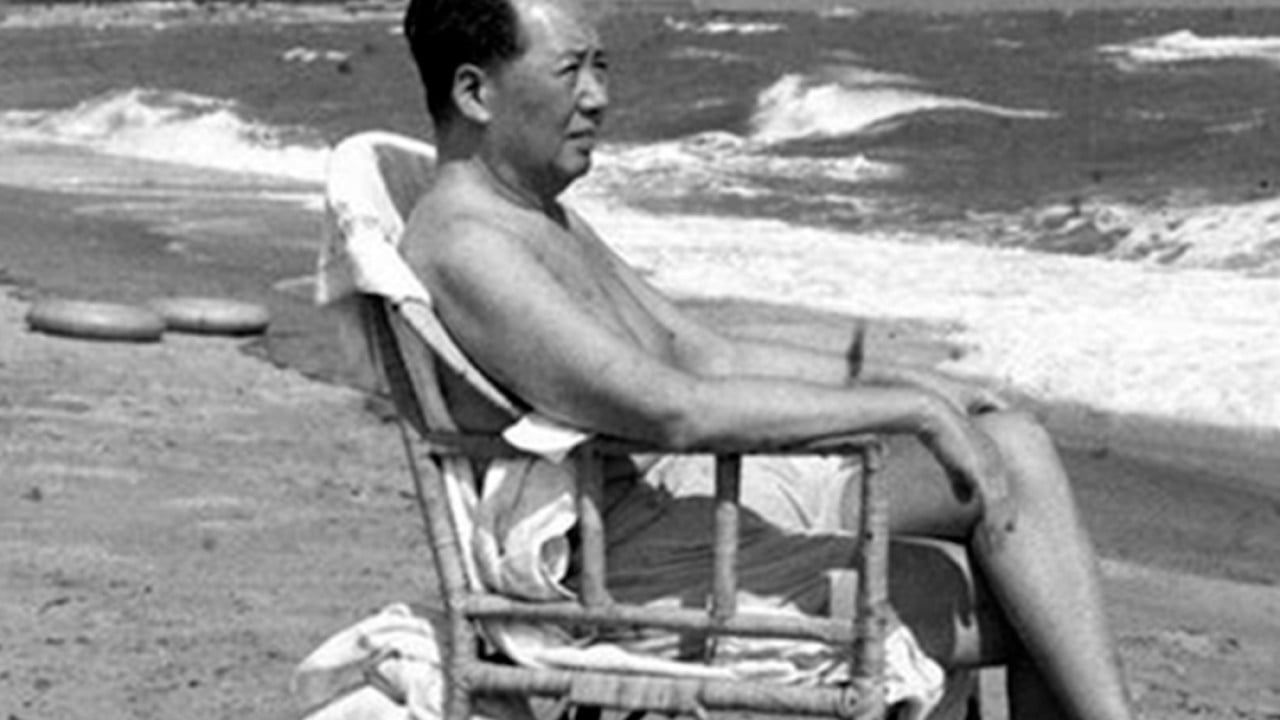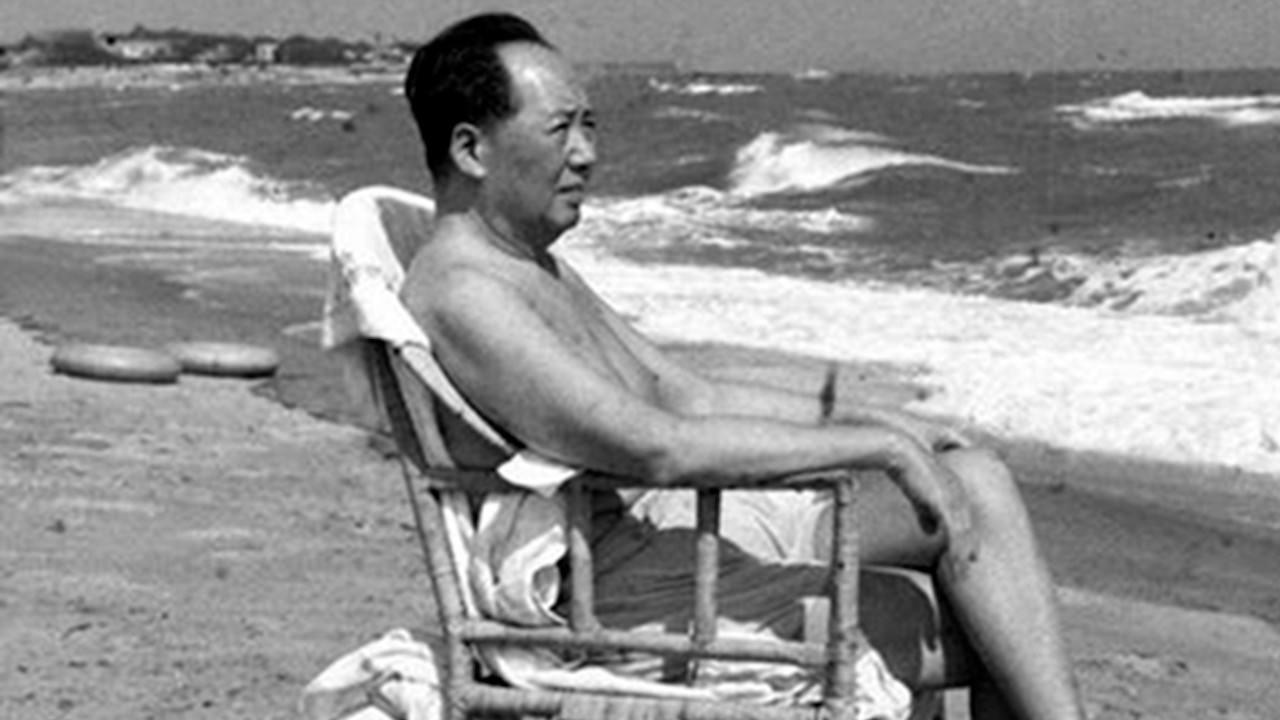Some of China’s leading lights in artificial intelligence, quantum physics, deep-sea exploration and aerospace were invited to the political elite’s annual summer retreat this year, highlighting Beijing’s priorities in its tech self-reliance drive.
Among the nearly five dozen researchers in the natural and social sciences at the Beidaihe seaside resort in Hebei province were computational scientist Andrew Yao Chi-Chih and award-winning physicist Xue Qikun.
The researchers were invited by the Communist Party’s decision-making Central Committee and the State Council, and greeted by Cai Qi, President Xi Jinping’s chief of staff and the party’s No 5 official.
Cai was joined by the party’s personnel chief, Li Ganjie, and Vice-Premier Shen Yiqin, a state councillor in charge of culture and education.
The retreat in Beidaihe, a coastal town on the Bohai Bay, about 300km (186 miles) east of Beijing, is also known as the “summer summit” and a traditional gathering of the party’s elders and power brokers.
This year it started on August 1 and wrapped up on Wednesday.
It came roughly two weeks after the party’s third plenum, where the Central Committee said it would pour more resources into science and give more leeway to its researchers.
“Education, science and technology, and talent function as a basic and strategic underpinning for Chinese modernisation,” the committee said.
The theme was reflected as Cai passed on greetings from Xi to the researchers on August 1.
Cai urged the scientists to “shoulder their historical responsibility and make new contributions” to China’s development in education, science and technology, and expertise, according to Xinhua.
In June, Xi singled out Yao, the computational scientist, for high praise, saying his “unwavering dedication” had resulted in remarkable achievements in both teaching and research innovation.
Yao left the United States two decades ago to teach at Tsinghua University and heads the university’s Institute for Interdisciplinary Information Sciences and is on the academic advisory committee of Tsinghua’s newly established Institute for AI Industry Research.
Physicist Xue, also from Tsinghua University, last year became the first Chinese scientist to receive one of the United States’ most prestigious physics awards, jointly winning the American Physical Society’s 2024 Oliver E. Buckley Condensed Matter Physics Prize with Harvard University’s Ashvin Vishwanath.
Xue has been working with his university team to synthesise topological insulators – a class of materials that exists in a recently discovered state of quantum matter – for the development of next-generation, low-energy consumption electronics.
Other prominent researchers invited to the Beidaihe retreat included Zhou Qi, a Guizhou geologist instrumental in the discovery of a massive manganese reserve; Wan Buyan, who developed China’s first deep-sea drilling rig; Li Jiulin, the chief engineer of the Beijing Olympics “Bird’s Nest” stadium; and Shanxi University vice-president Cheng Fangqin, who is known for her work on repurposing coal waste.



